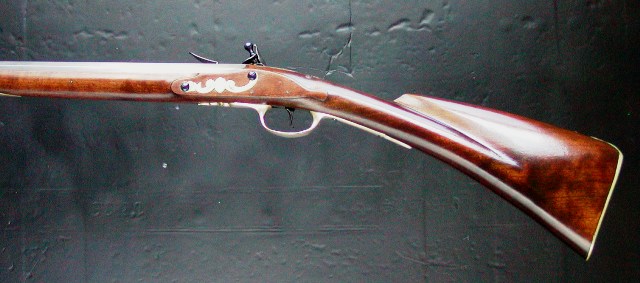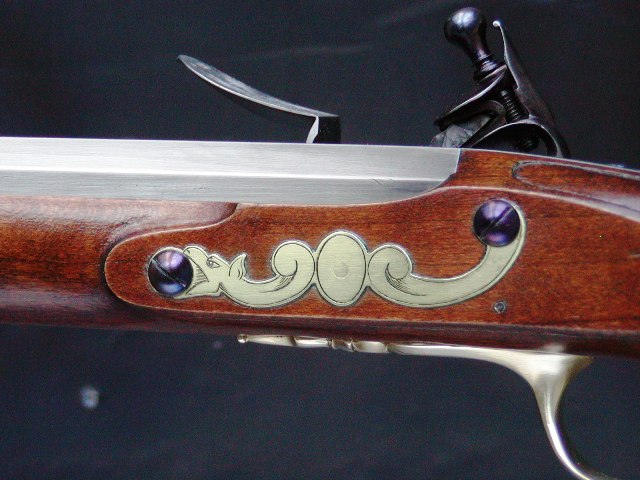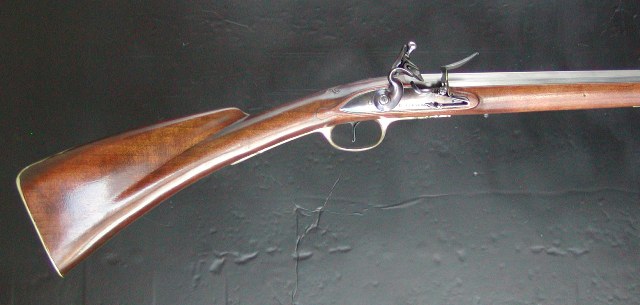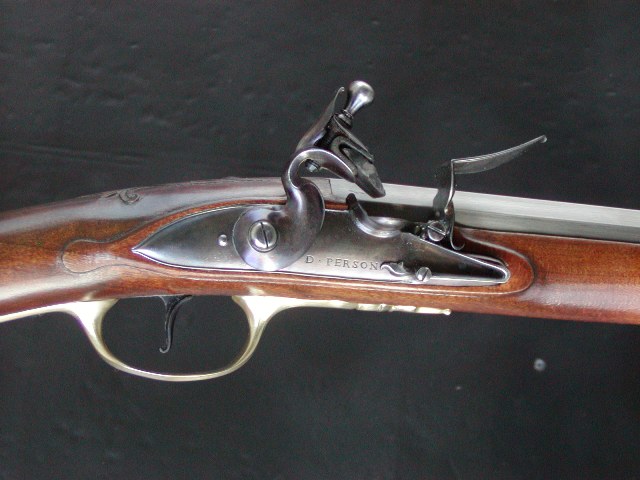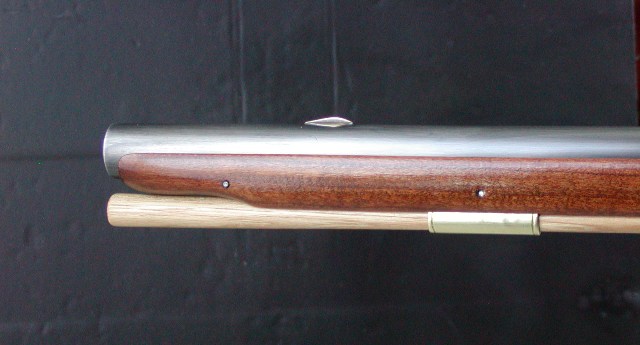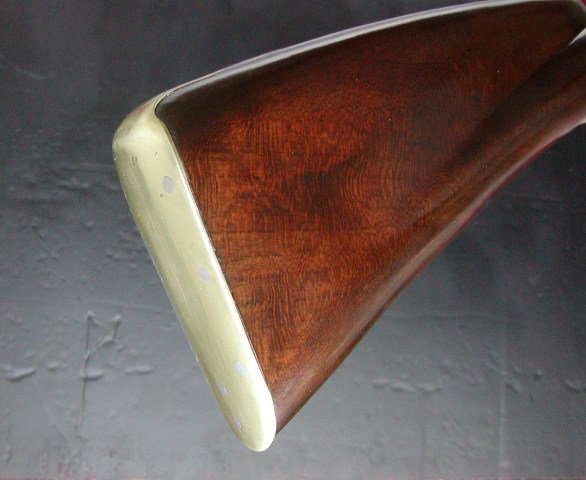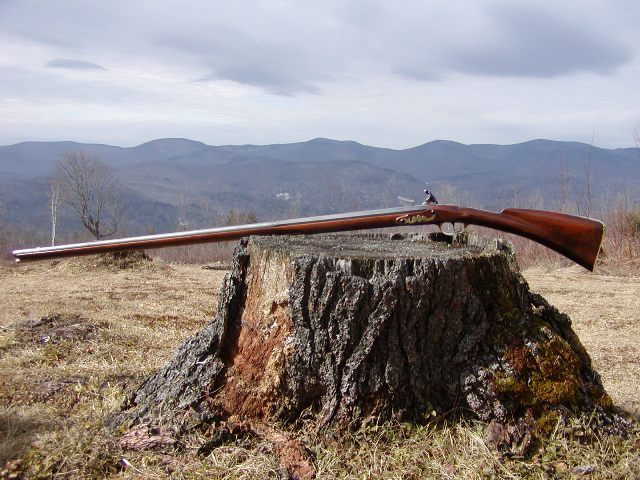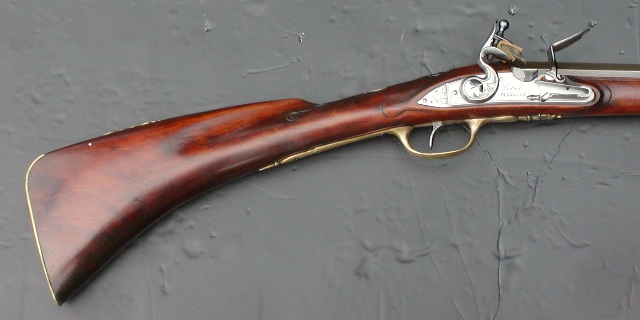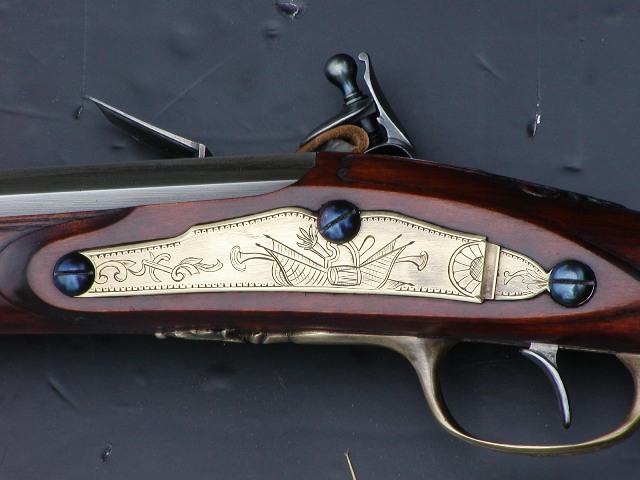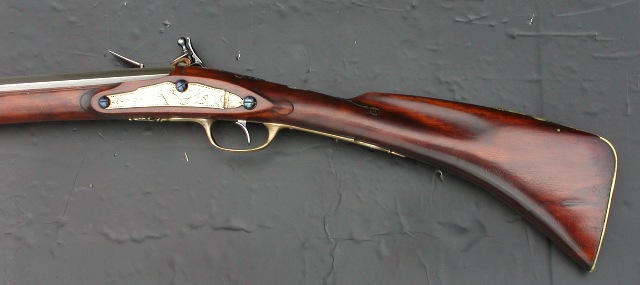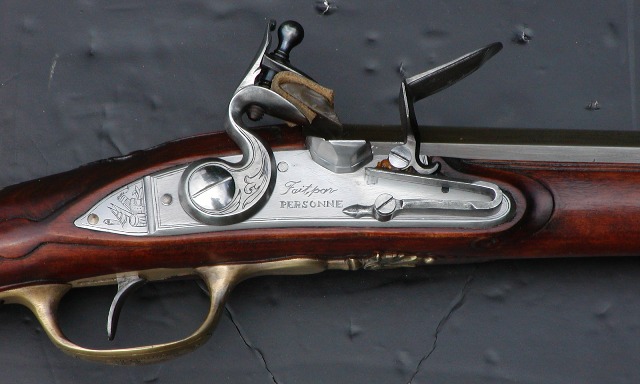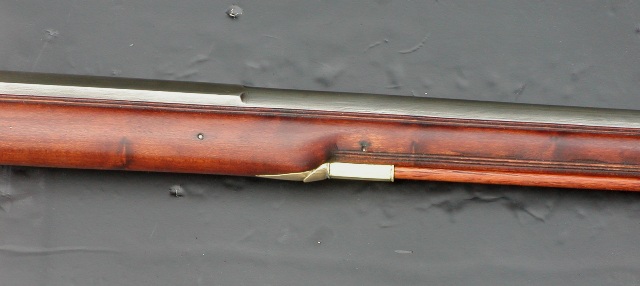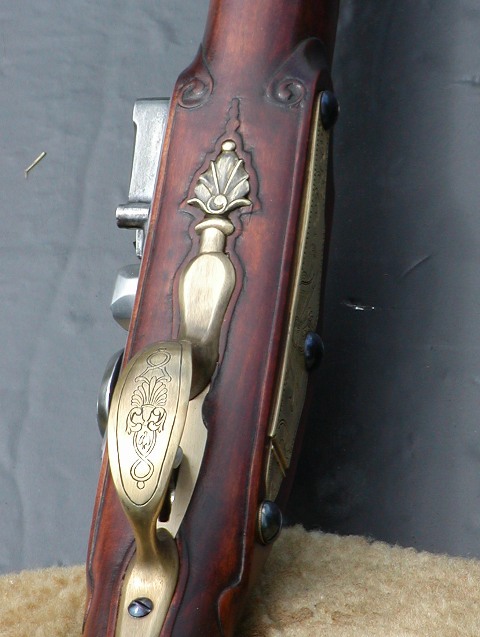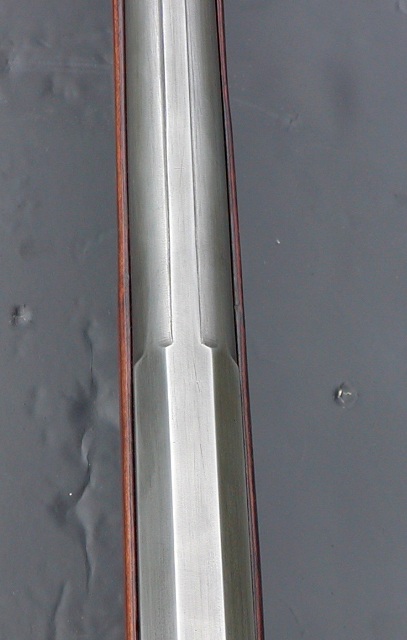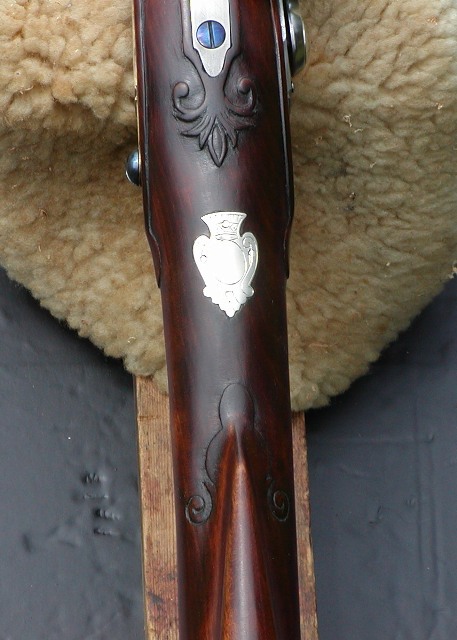German Jäger
40 Cal
- Joined
- Jan 15, 2022
- Messages
- 216
- Reaction score
- 347
Hello,
Here in Germany we have a Gunshop that offers the India Made Doglock Fowler New England Cookson Style.
I have slso the Ketland Smoothbore Trage Gun it was not so bad ok the Finish and Stock MUST reworked but then it is ok.
But now the Fowler Stock was very massiv and thick and i want to slim it down.
Have anyone here do this before an can give me dome Information about this Idea?!
Please let me know if one of yours have this Fowler in use!
Thank you
Here in Germany we have a Gunshop that offers the India Made Doglock Fowler New England Cookson Style.
I have slso the Ketland Smoothbore Trage Gun it was not so bad ok the Finish and Stock MUST reworked but then it is ok.
But now the Fowler Stock was very massiv and thick and i want to slim it down.
Have anyone here do this before an can give me dome Information about this Idea?!
Please let me know if one of yours have this Fowler in use!
Thank you





